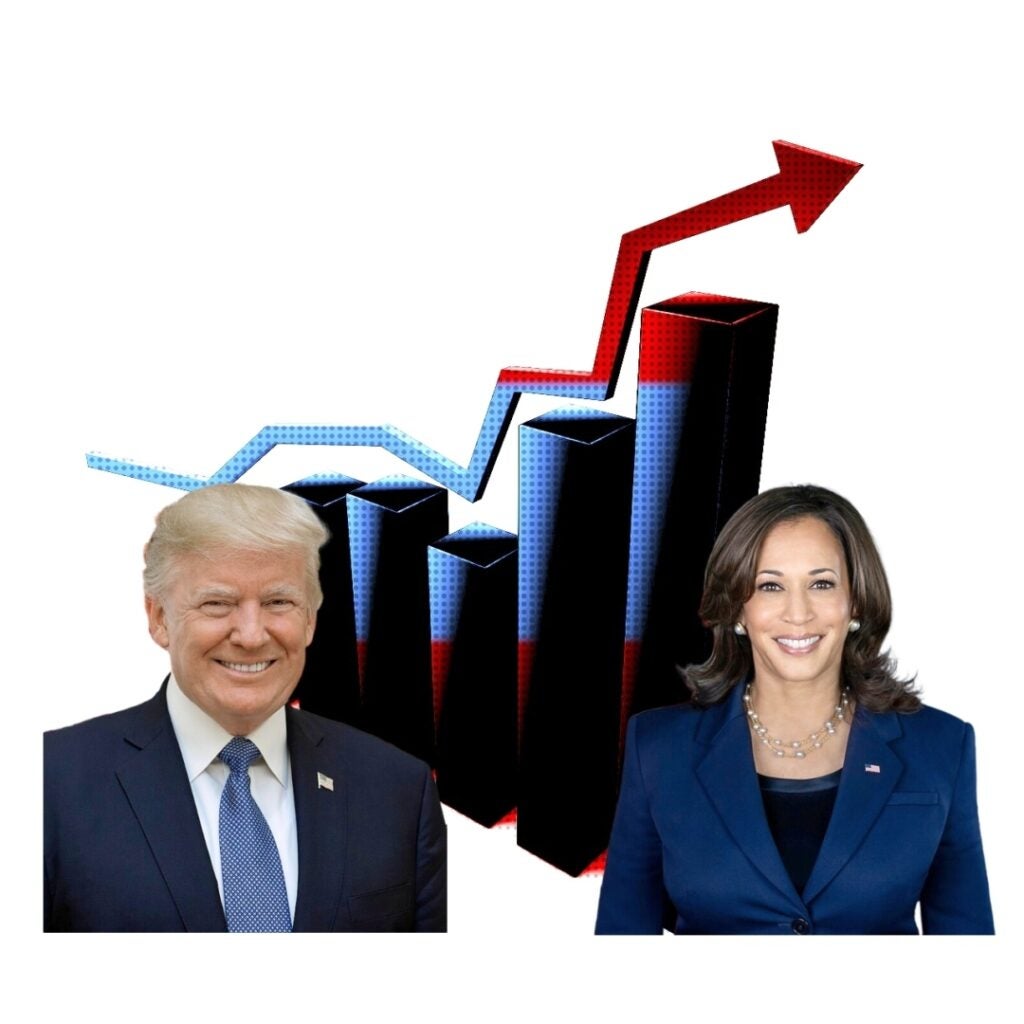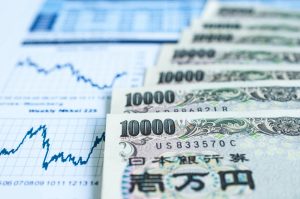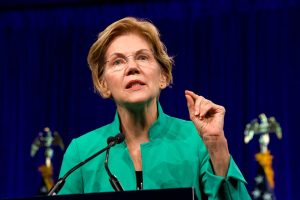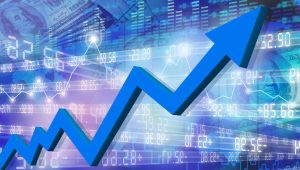
Investors are remaining cautious amid uncertainties surrounding the upcoming presidential election between Donald Trump and Kamala Harris, according to prominent economist Mohamed El-Erian.
What Happened: “A lot of investors are just on the sideline,” El-Erian, Chief Economic Adviser at Allianz, said during an interview on CBS’ “Face the Nation.” He cited multiple factors contributing to market uncertainty, including both the presidential race and congressional outcomes.
El-Erian emphasized the potential disconnect between campaign promises and actual policy implementation. “They see so many possibilities, be it for the presidential race, be it for Congress, or even the extent to which what is promised by a presidential candidate will become policy. There stands to be a big gap between the two,” he explained.
The economist expressed concern about the nation’s fiscal health, pointing to unprecedented economic conditions. “It was unthinkable that we would have almost 30 months of unemployment at 4% or below while running fiscal deficits of 6% to 8%,” he said. El-Erian noted that the country’s debt-to-GDP ratio has reached 120%, creating challenges for the next administration.
“Both candidates, whether they like it or not, will have to find a way to moderate deficits and debt and, critically, to create operational flexibility in the budget,” El-Erian said. He warned that increasing budget rigidity could hamper responses to future economic shocks.
On trade policy, El-Erian cautioned against overreliance on tariffs. “Tariffs are a dangerous tool. They have limited use, but if they are overused, they become counterproductive,” he said. He advised against using tariffs as a cure-all for various economic challenges, including deficit reduction and domestic industry protection.
Why It Matters: The election is shaping up to be a tight contest, with recent polls indicating a close race between Trump and Harris. A USA Today/Suffolk poll shows a neck-and-neck battle in Pennsylvania, a pivotal swing state.
Trump’s economic policies, particularly his stance on tariffs and tax cuts, have been a focal point of discussion. Cathie Wood, CEO of ARK Invest, compared Trump’s economic strategies to early American financial policies, noting the market’s concern over the expiration of tax cuts enacted during his previous term.
Moreover, Trump’s rising election odds have already impacted markets, with emerging market stocks experiencing significant drops. A recent report highlighted a 3.1% decline in the MSCI Emerging Markets Index, driven by concerns over Trump’s proposed tariff plan.
Economists predict that Trump’s return to office could lead to higher inflation and deficits compared to Harris’s policies, according to a survey conducted in October.
Read Next: A Republican Sweep Might Be The Most Inflationary Election Outcome, Economists Warn
Image via Wikimedia Commons
Disclaimer: This content was partially produced with the help of AI tools and was reviewed and published by Benzinga editors.
Market News and Data brought to you by Benzinga APIs
© 2024 Benzinga.com. Benzinga does not provide investment advice. All rights reserved.


